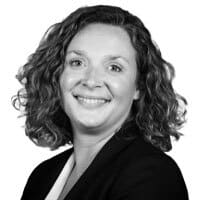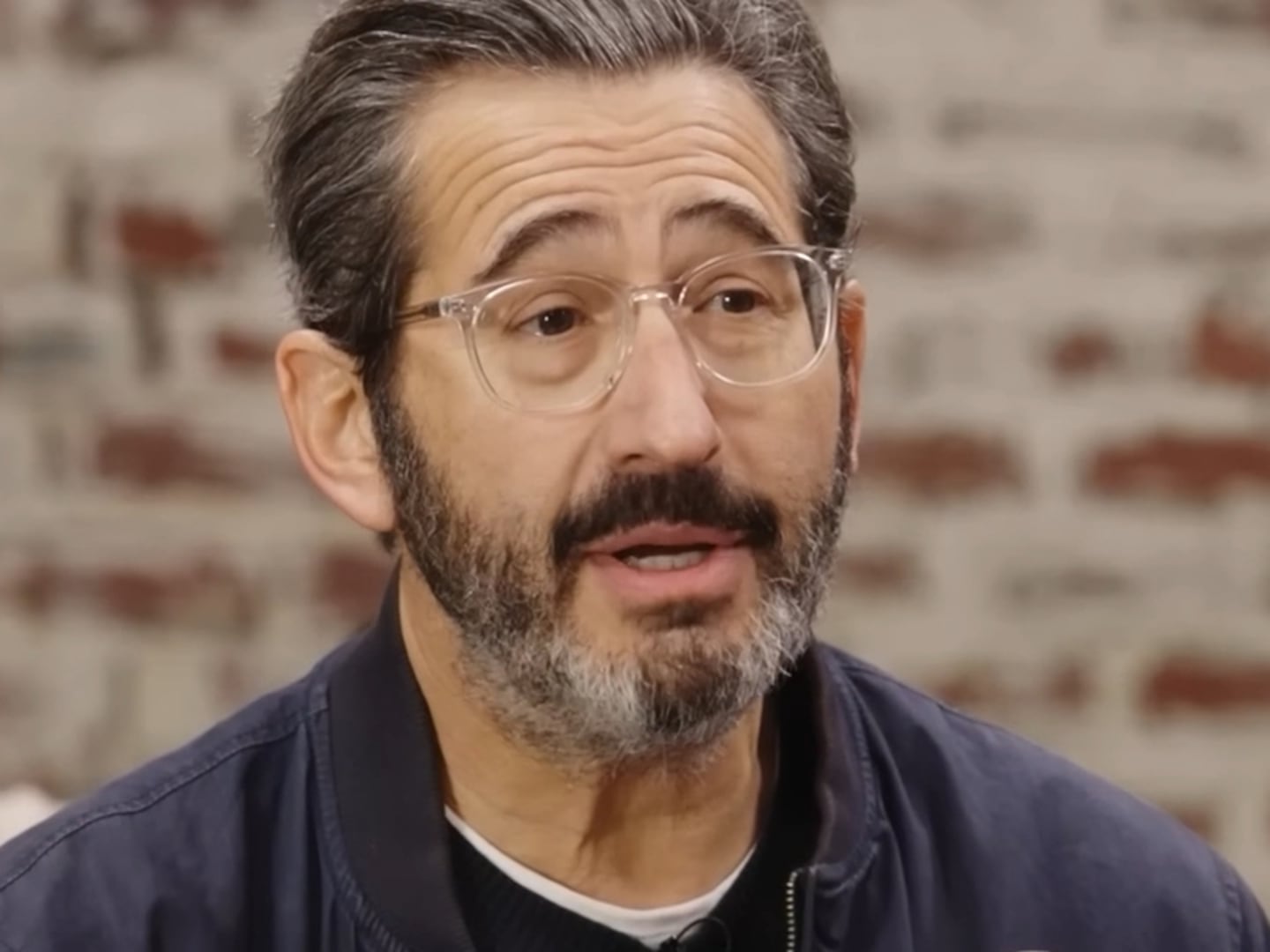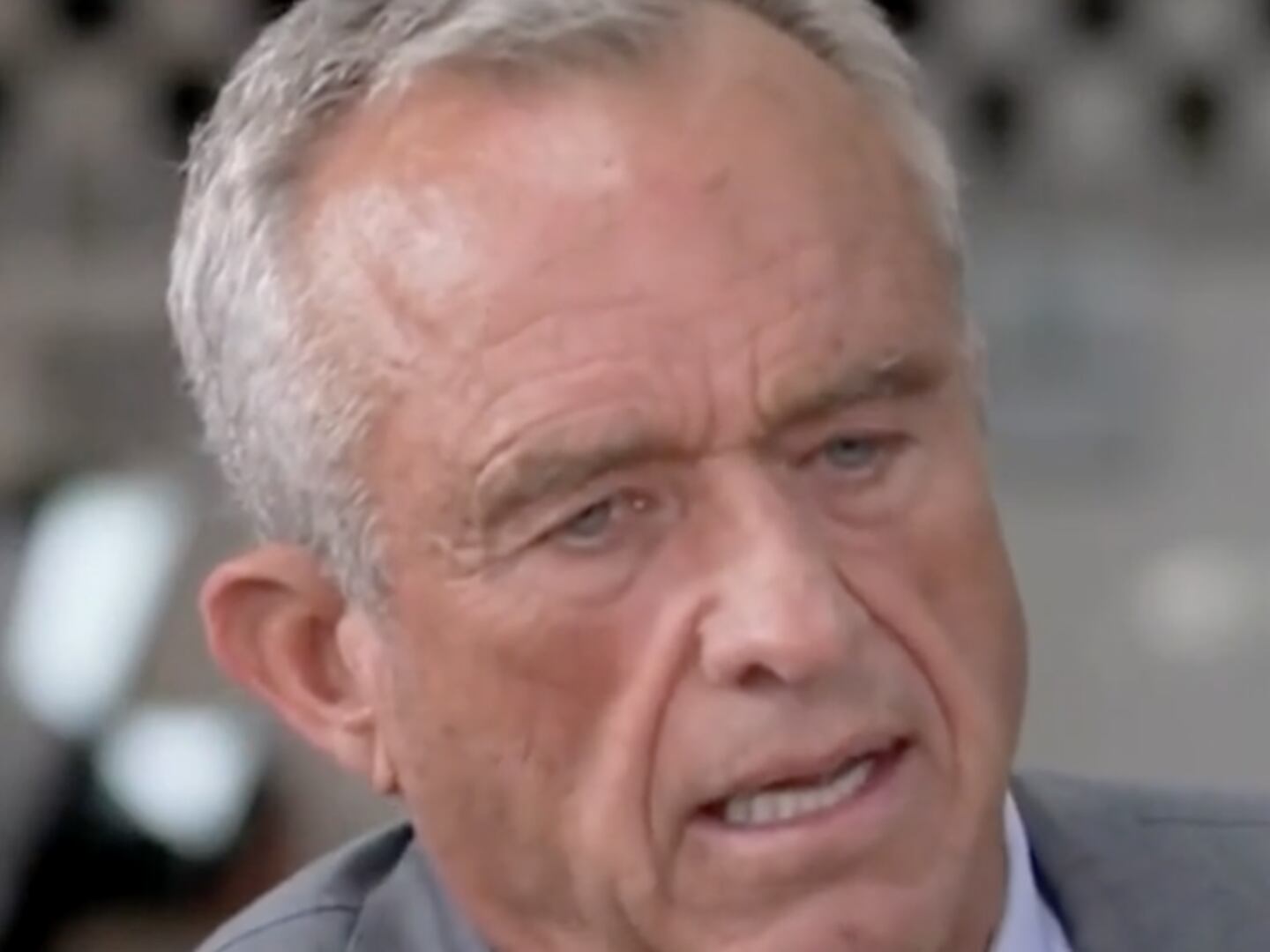Opinion
Photo Illustration by Thomas Levinson/The Daily Beast/Getty/PEN
Why I’m Helping Floridians Fight Back Against the State’s Censorship
FREE THE FREE STATE
I’m leading PEN America’s new office in my home state of Florida—which has sadly become the U.S.’s leading opponent of free expression.
opinion

Trending Now




